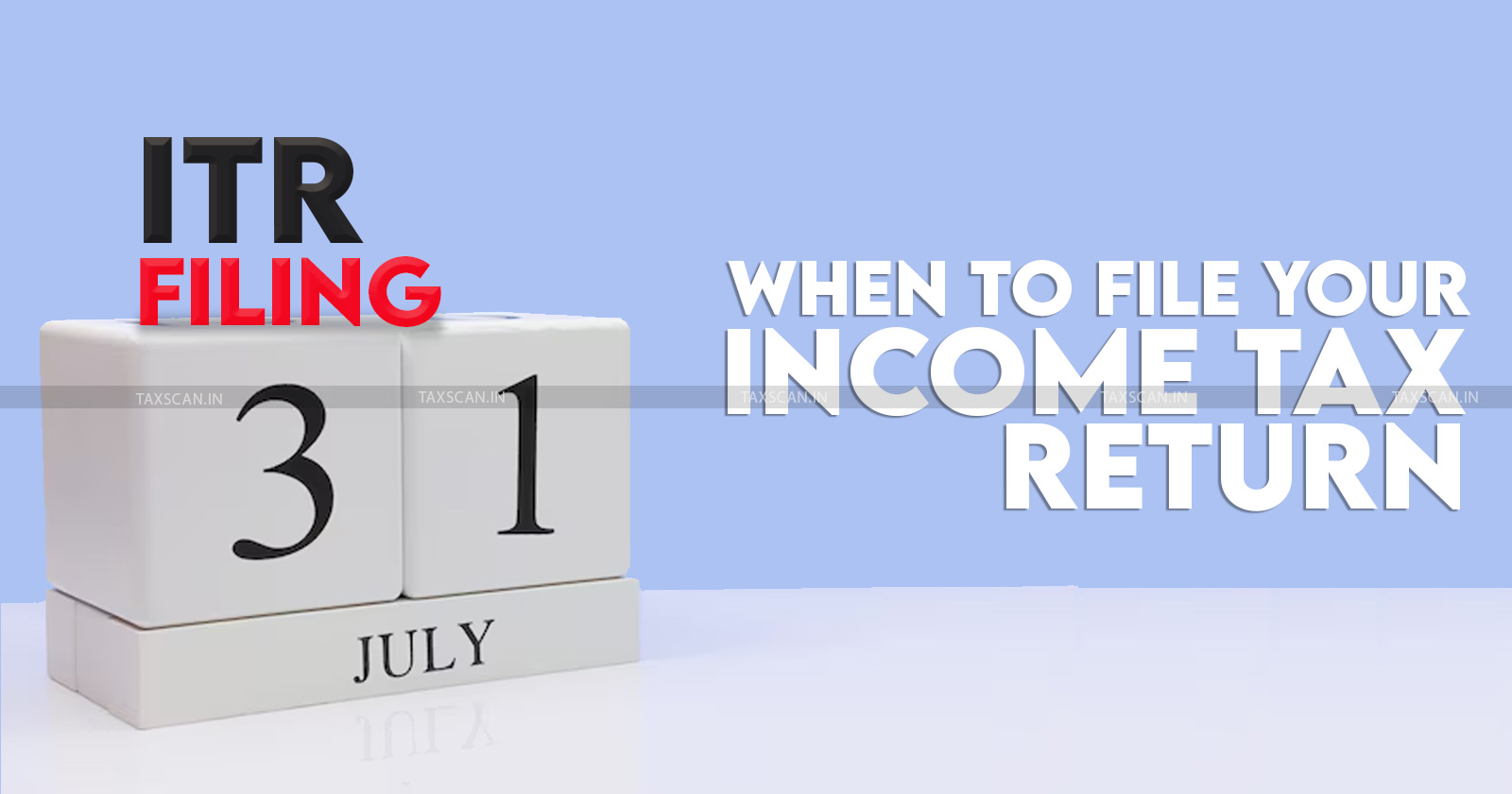Gift Tax in the USA


The annual exclusion is the amount you can give to any number of individuals each year without incurring a gift tax. For 2023, the annual exclusion amount is $17,000 per recipient. This means you can give up to $17,000 to as many people as you like each year without those gifts counting against your lifetime exemption or being subject to gift tax
Lifetime Exemption.
In addition to the annual exclusion, there is a lifetime exemption amount. For 2023, the lifetime exemption is $12.92 million. This means that over your lifetime, you can give away up to $12.92 million without incurring gift tax. Gifts exceeding the annual exclusion amount are subtracted from your lifetime exemption.
Gift Splitting
Married couples can take advantage of gift splitting, which allows them to combine their annual exclusions to give up to $34,000 to a single recipient without incurring gift tax. This strategy cans effectively double the amount that can be gifted tax-free each year.
Exemptions
Certain types of transfers are exempt from the gift tax, regardless of their value. These include:
Reporting and Paying Gift Tax
If your gifts exceed the annual exclusion amount, you are required to file IRS Form 709, the United States Gift (and Generation-Skipping Transfer) Tax Return. This form is due by April 15 of the year following the gift. However, gift tax is only due if you exceed the lifetime exemption amount.











































